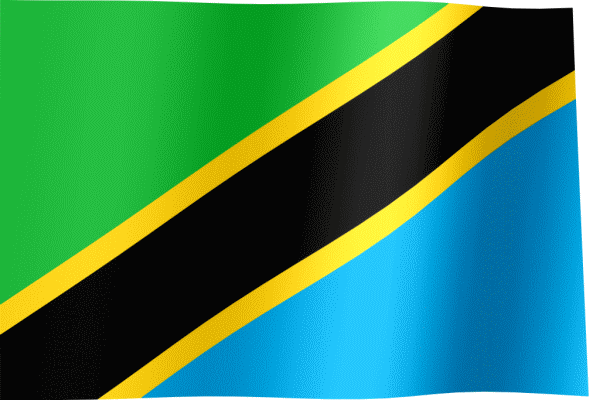Microfinance is actually a type of pay for that may be provided to small businesses and entrepreneurs just who don’t have access to traditional money. This includes loans, credit, entry to saving accounts, insurance policies and funds transfers.
Mini finance companies are major sources of money for low income persons and small businesses that shouldn’t have access to traditional banking solutions or have simply no collateral. These institutions provide you with loans and also other financing products at practical rates.
The goal of this analyze is to know the way microfinance and entrepreneurship are linked in Kazakhstan, a nation undergoing changover to some market economic climate. We seek to shed light on how microfinance drives small business creation and formalisation in a transitional context also to explore borrowers’ relationships with MFOs at completely different stages belonging to the process.
Each of our study develops on rising literature that feedback a teleological approach to microfinance cryptocurrency scalping terminal (Ault & Spicer, 2014; Chliova, Brinckmann, & Rosenbusch, 2015) and suggests a more disovery inquiry that asks even more open questions about how microfinance relates to gumptiouspioneering, up-and-coming outcomes in transitional contexts. This requires utilizing methodologies which can be more empirically-informed, attuned to the agency every day entrepreneurs and even more contextually-situated.
We all explored borrowers’ relationships with MFOs by using a field study of eighty six clients in Almaty and Almatinskaya areas in Kazakhstan, which are representative of both the International MFOs that focus on group lending and Private MFOs which provide individual loans to clients. The study also reviewed the relationship among borrowers and the MFOs, which has been influenced by a choice of factors including their qualifications characteristics, venture characteristics and habits of microfinance use.








